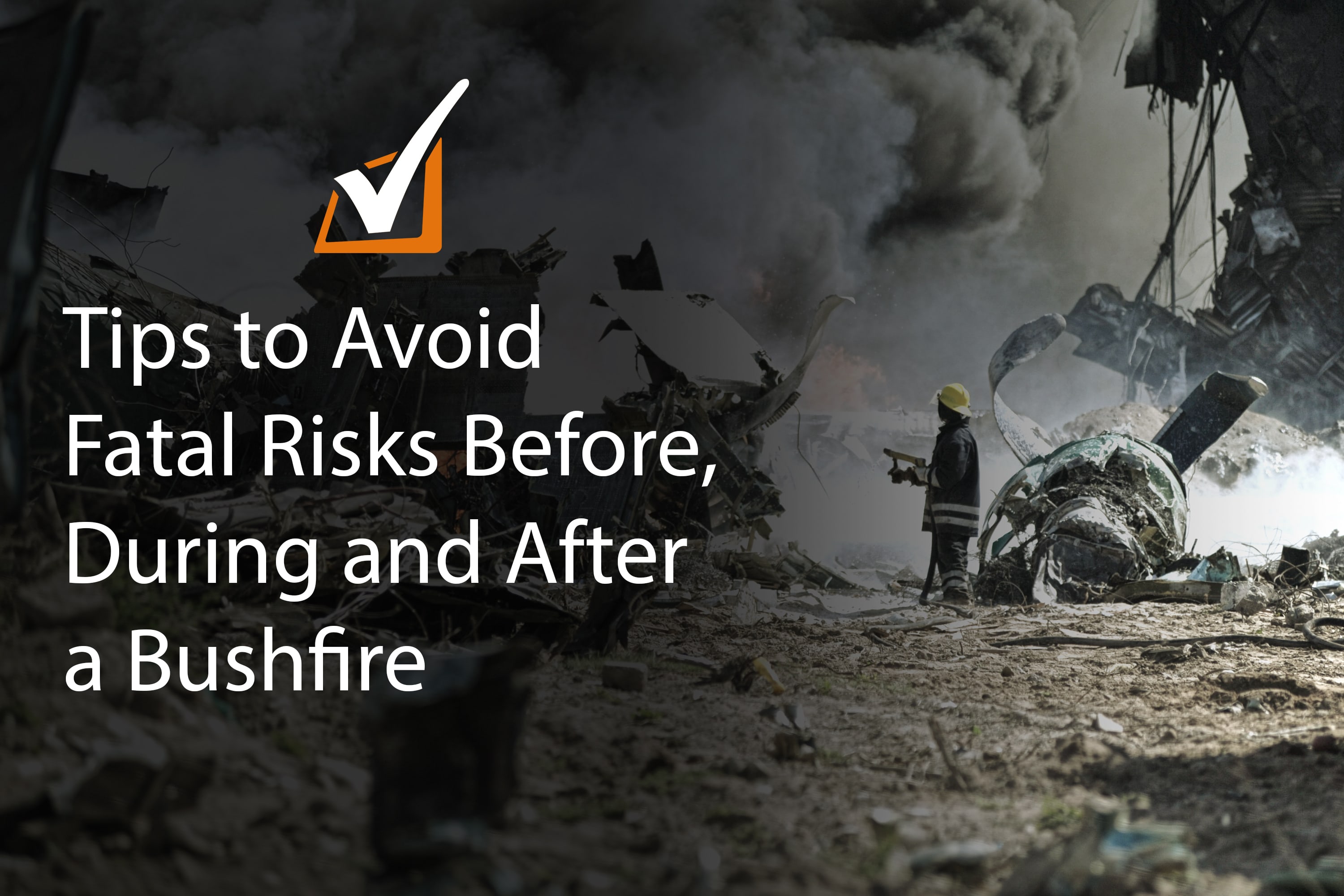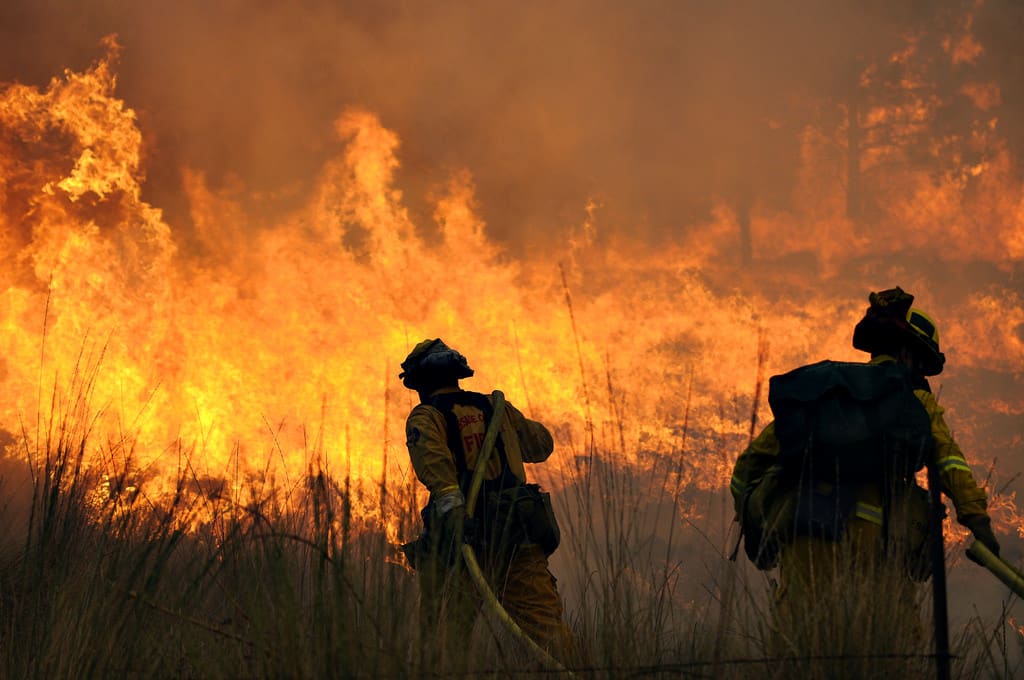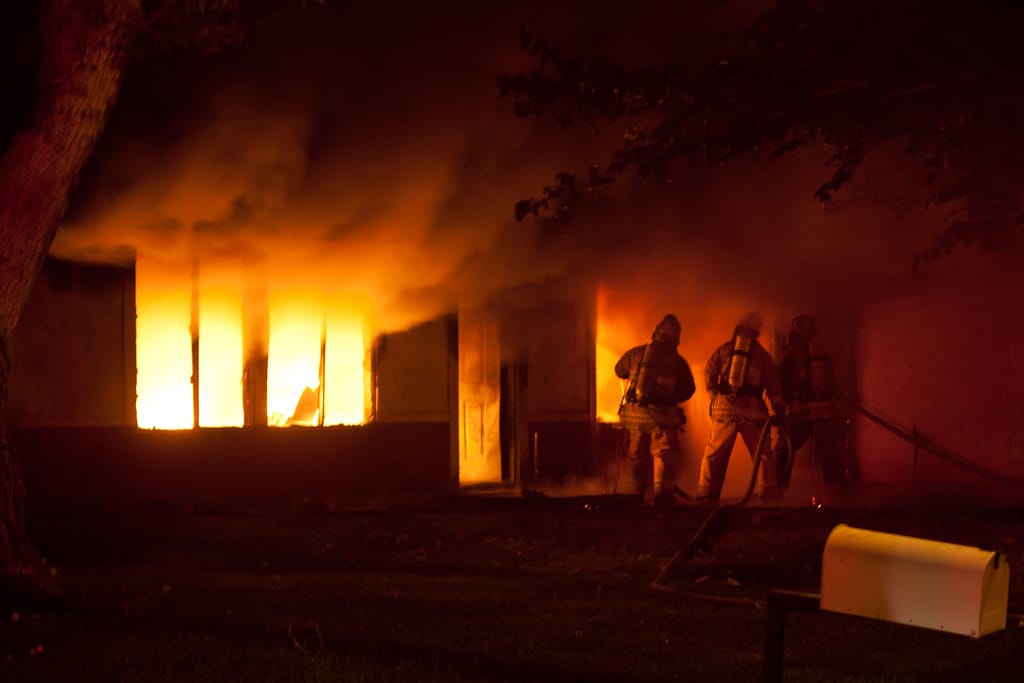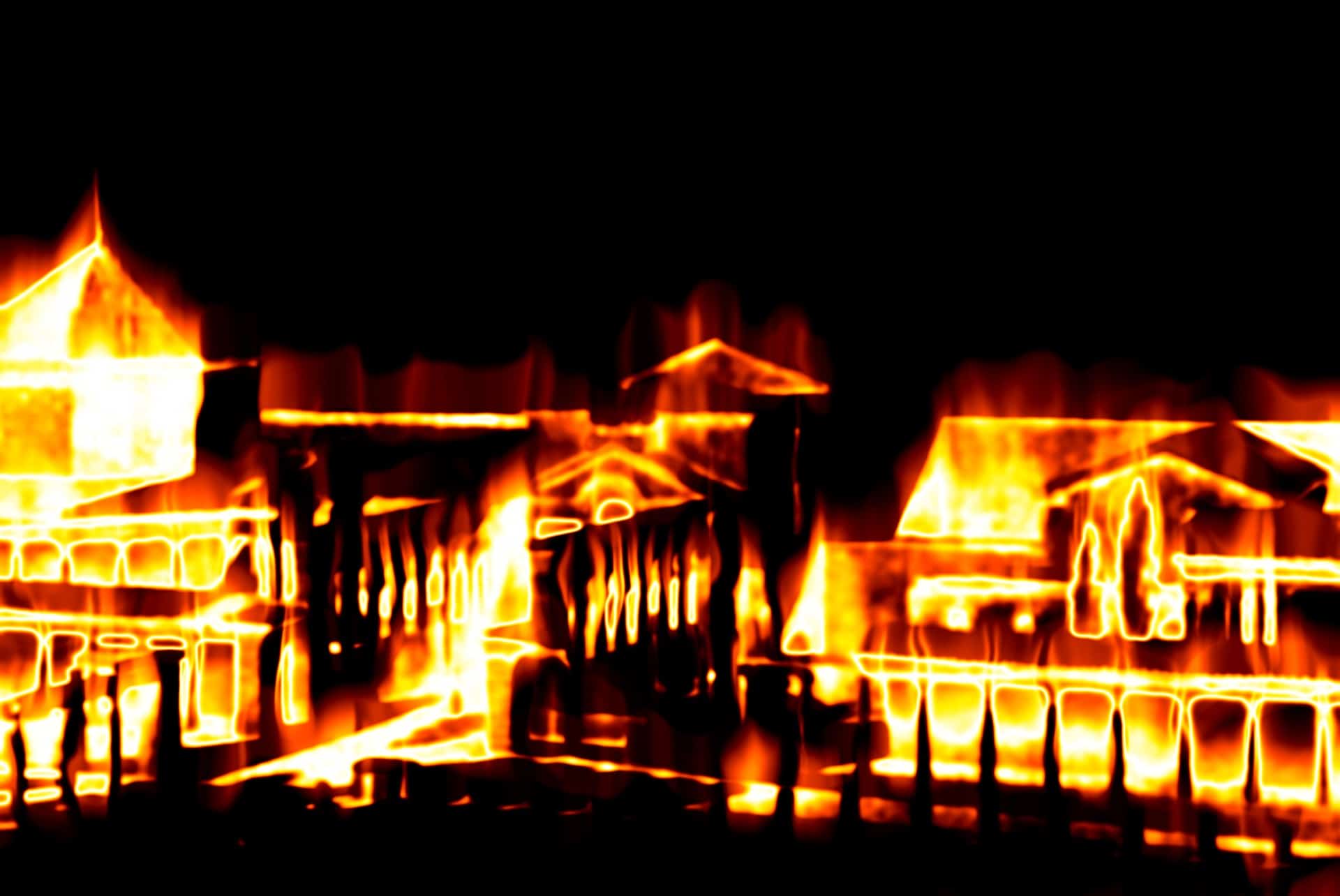Bushfires cause loss of life and millions in damage every year in Australia. It creates an absolute threat to many properties during summer, particularly in the hot and dry environment commonly associated with the season. You should be well-prepared to avoid the potential risks that might happen when a devastating bushfire attacks your home. What can you do to prevent potential hazards before, during and after bushfires strike?
Before Bushfire Season
You must:
- Ensure your home emergency services number is visible to each member of the family.
- Mow your lawn regularly.
- Take away excess flammable substance like dry grass, dead leaves and branches from your yard.
- Move any flammable items such as wood piles, paper, boxes, crates and garden furniture away from the house.
- Trim those under 2m in height low-lying branches.
- Keep gutters clear of leaf litter.
- Buy and test gutter plugs.
- Block off open areas under decks and verandas.
- Set up fine steel wire mesh screens on all windows and door.
- Make sure any LPG cylinders are upright and relief valves are positioned away from the house.
- Test if the pumps, generators and water system are functioning properly.
- Change any damaged roofing and secure any gaps.
- Check if your first-aid kit is fully stocked.
When a Bushfire is Approaching
You must:
- Block drain pipes with gutter pugs and fill gutters with water.
- Remove outdoor furniture, door mats and other items.
- Move your car to a secure location.
- Turn on sprinklers in the garden.
- Take down curtains and clear away from windows.
- Fill containers with water, including the bath, sinks, buckets and wheelie bins.
- Soak towels and put under external doors.
- Have ladders inside and outside ready for roof access.
- Have a generator and water pump ready.
- Secure livestock and pets.
- Stay near your house.
- Drink a lot of water.
- Safeguard your home for spot fires and extinguish them.
If a bushfire becomes more threatening and severe, it is better to evacuate your home for the safety of your family.
When a Bushfire Arrives
If you are prepared and decide to stay and defend your home, you must:
- Take fire-fighting equipment such as hoses and pumps inside to stop them melting.
- Look at the inside of your home, including the ceiling space for embers or small fires.
- Shelter inside and check the condition of family members and pets.
After the Bushfire Has Passed
Once it is safe to go outside, you must:
- Search for spot fires or embers.
- Stay at home until the neighbouring area is clear of fire.
- Continue to drink lots of water and listen to your local radio station for the update and status of the bushfire in your area.
Cleaning Up
Use appropriate personal protective gears and equipment.
- Be mindful when handling substance which may contain asbestos
- Don’t spread ash around the property. This may contain other hazardous material. Keep your family and pets away from ash until clean-up work is complete
- Reduce airborne ash by keeping debris wet.
- Be conscious of possible dangers which may be covered with debris, such as flaming coals and ash, electrical hazards, gas cylinders.
- Detach rainwater tank pipes before cleaning the roof to avoid entry of harmful water.
There are added risks when a bushfire happens if your house contains asbestos materials. Asbestos run-down by fire can produce debris – unburnt and partly burnt pieces which release dangerous fibres. These fibres are discharged when the debris is disrupted.
To minimise the disruption of the debris and stay safe around the asbestos, you must:
- Not step on the asbestos debris.
- Put a signage to ensure the area is not accessed by anyone.
- Contact emergency services for advice to have the asbestos removed safely.
Preparing yourself, your family and pets, as well as your house, is your responsibility. Bushfires can occur anytime in rural or suburban communities. The more you prepare the higher the chance you will survive a bushfire.
Most of the houses that survive a bushfire combine the effort of planning and preparation. Prepare a bushfire survival plan to help you determine whether to leave your home or stay and protect your family, pets and property.
If you need more information on home safety and smoke detectors, we’re here to help! Click a button below, and we’ll get back to you shortly.





Leave A Comment